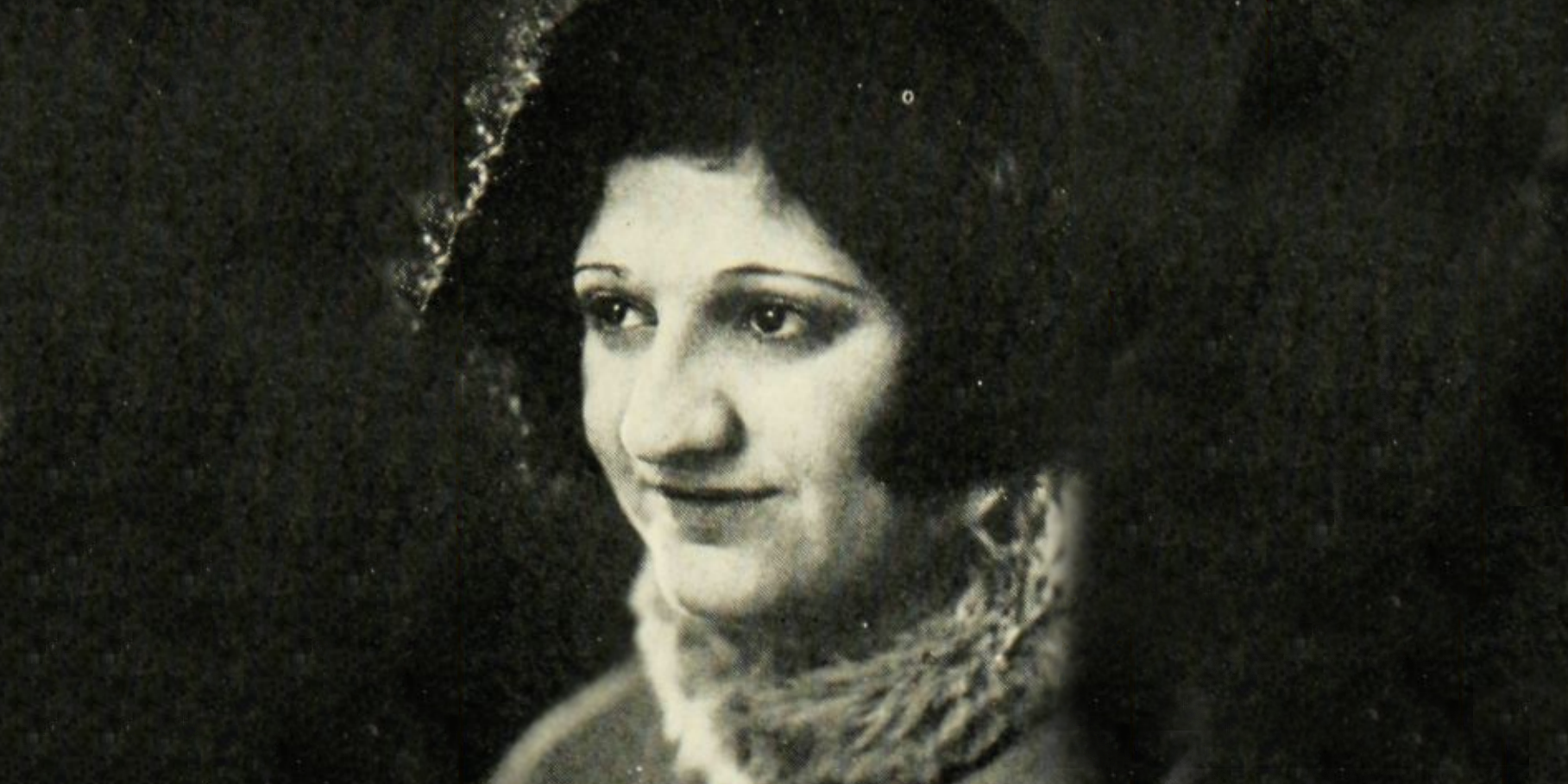Meet Baylor Law School’s first female graduate: Emeline Abood Jackson

It’s no secret that the world of law hasn’t always been welcoming to women. At the same time that the women’s suffrage movement was gaining steam at the turn of the 20th century, formal law schools were being created across the nation. Law had been taught at Baylor as early as 1857, making BU the second university west of the Mississippi River to offer law classes, and Baylor Law School built off that with its formal establishment in 1920 — coincidentally, the same year the 19th Amendment granted women the right to vote.
Just a few years later, Baylor Law had its first female graduate: Emeline Abood Jackson, JD ’26.
Jackson grew up in Texas, though her grandparents came to America from the Syrian region in the late 1800s. She entered into Baylor Law School in 1924 as a “junior law student” (as they were known back then) along with 13 students.
“From what she said, I gather that she had others in the community who went to bat for her,” recalls Cynthia Faust, Jackson’s niece. “She said there were few women in law.” Faust fondly remembers her aunt always dressed in beautiful clothing, hosting card parties, using impeccable manners, and in general, being quite proud of her debutant life. Her aunt also had a home filled with books — in English, French and Arabic.
“When I was growing up, Aunt Emeline stressed the importance of an education for women,” Faust says. “Auntie was an amazing example of brilliance who had to fight to be accepted into what was then a male-dominant society. Rather than be negative about her experiences, she looked to the positive and forged forward in various positions in society that helped others coming behind her.”
One of the highlights of Jackson’s career in Washington, D.C., managing the office of Congressman John Lyle, Jr. from the Corpus Christi area. During World War II, she worked closely with other governments to bring people to the United States from war-stricken countries. “Some referred to her as an ‘angel’ for helping bring people to America who had lost everything,” Faust says.
Eventually, after her mother fell ill, Jackson made the move back to Corpus Christi. Though she continued to find it difficult to break into law in her community, she worked as a court reporter and lawyer, and was involved in the League of Women Voters and the American Association of University Women. She continued working into well into her 80s; the last position she held was with the law office of Sissy Farenthold, who had campaigned for governor of Texas and been considered among the possible candidates for vice president of the United States during the 1972 Democratic National Convention.
One of Faust’s favorite memories of her aunt comes from her childhood. She was playing around on Jackson’s phone, punching the numbers — and accidentally called the Corpus Christi Naval Base. A commander answered and ordered her to hand the phone to Jackson. “I remember the commander bellowing into the phone, ‘Emeline, this is our secure line for war time. Now we have to change it.’ … Rather than spank, she intellectualized the situation for me so I understood what had happened,” Faust says. “That was Auntie.”
Sic ’em, Emeline Abood Jackson!
You might also like:
* Meet the women helping shape the future of Baylor University (May 2017)
* 45 influential Baylor women you should know (March 2017)
* Barbara Walker: social work leader, and Baylor’s first female African-American graduate (Feb. 2017)
* Baylor law to honor pioneering female graduate (July 2015)
[We learned of this story from someone who shared her Baylor pride. Do you know of an inspiring story, news item, or just a fun link that makes you proud of Baylor and the Baylor family? Let us know! Click here to submit your point of pride!]

